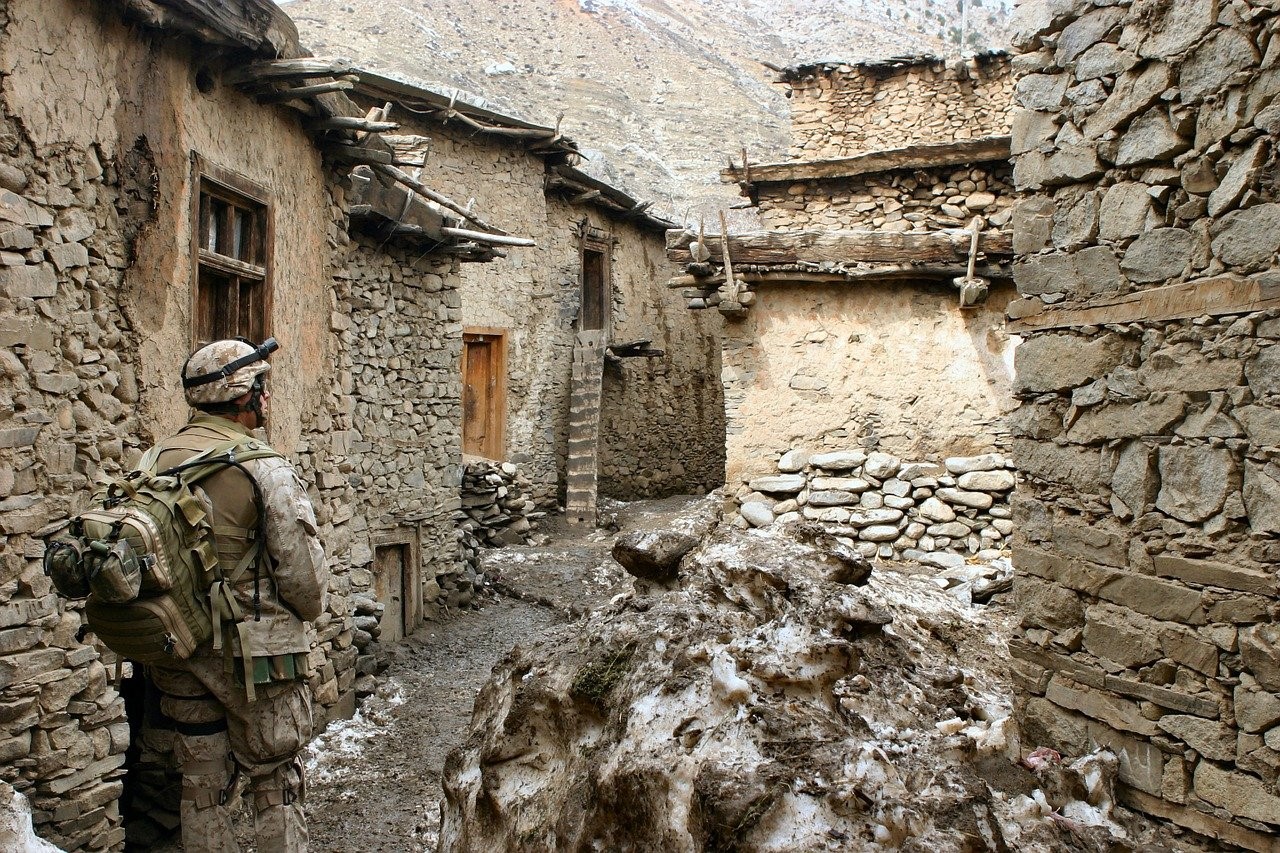
MENA Monitor focuses on the Middle East and North Africa region, analyzing the most important events happening in the area stretching from Morocco to Iran, their consequences for neighboring countries and their impact on the world’s situation.
Date: 11 August 2021 Author: Michał Przygoda
Increased Taliban Activity in Afghanistan
Taliban fighters have taken control of a key district in western Afghanistan where an important border crossing with Iran is situated. Recently the group has been claiming significant victories in key locations across the country. Taliban have captured areas bordering five countries – Iran, Tajikistan, Turkmenistan, China, and Pakistan. Foreign troops are ending their 20-year-long military intervention while the country’s internal security continues to deteriorate.

It was the third border crossing that insurgents have seized, having previously captured those with Tajikistan and Uzbekistan. The development came after President Joe Biden said that the US military mission in Afghanistan will end on August 31, 2021. As a result of the Taliban victories, some countries decided to close their consulates in the region while Tajikistan has called up reservists to reinforce its southern border amid the growing danger. Soldiers stationed at the Islam Qala crossing – the main transit route between Afghanistan and Iran – have abandoned their positions and moved to Iran in order to seek refuge, Iranian media reported. The border point is located about 120 km (75 mi) west of the city of Herat, capital of the province.
The terrorist organization responsible for the US and NATO intervention has increased its activity in the country since the involvement of the allied troops has dropped. Recently, the US Central Command indicated that only 10% of US troops have not yet returned from their missions. However, the last soldiers will be withdrawn at the end of August. The government’s troops lost control of several districts situated along the border with Tajikistan.
Since mid-April, when Joe Biden declared an end to the “perpetual war,” Taliban fighters have made advances across the country. US President said that he does not trust their organization but believes in the ability of the military to defend the government. Additionally, he called on the legitimate authorities to hold peace talks.
The most significant territorial gains of the Islamic radicals took place in the north of the country, a traditional stronghold of the warlords allied with the US, who helped to defeat the radicals in 2001. In Badakhshan Province, a number of districts were conquered without a fight. Reportedly, Turkish and Russian consulates have been closed in Mazar-i-Sharif, the capital of Balkh province, located in the north of the country, which is also the fourth largest city in the Islamic Republic of Afghanistan.
Rebels control about one-third of all 421 districts and district centers nationwide. Their victories are also putting pressure on the province’s cities and are taking control over key transport routes away from the government. Islam Qala hit the headlines in February when a massive fire broke out there as a result of a fuel tanker explosion. At least 20 people were injured while hundreds of trucks lined up at the border crossing, which were transporting natural gas and fuel, were engulfed in flames. The fire was extinguished by the firefighters from both countries after three days. It has not been suggested that Taliban fundamentalists were involved in the explosion.
Independent observers of the security situation in the region believe the militants control less than 85% of the territory, but have made significant advances in the northeast, northwest, and south in recent weeks. The group has seized nearly whole Badakhshan and Takhar, two provinces in the country’s far northeast, including areas it did not control when it was in power between 1996 and 2001. Badakhshan borders China and Tajikistan. Militants have also made advances in the west of the country, particularly in Herat and neighboring Badghis Province. Hundreds of militants entered the capital, although the government says that the city is already under its control.
For Afghans, this is a worrying time. The radicals, who are accused of various human rights and cultural abuses, support punishments such as public executions of convicted murderers, as well as banning television, music, and cinema. They also do not allow girls over the age of 10 to go to school. In 2001, US forces removed representatives of the fundamentalist Islamist group from power in Afghanistan. The same organization harbored Osama bin Laden and other al-Qaeda members linked to the 9/11 attacks that prompted US intervention. In recent years, and especially in recent months, actions brought against the government have ended with the rebels gradually taking over the country.
Support Us
If content prepared by Warsaw Institute team is useful for you, please support our actions. Donations from private persons are necessary for the continuation of our mission.
All texts published by the Warsaw Institute Foundation may be disseminated on the condition that their origin is credited. Images may not be used without permission.














